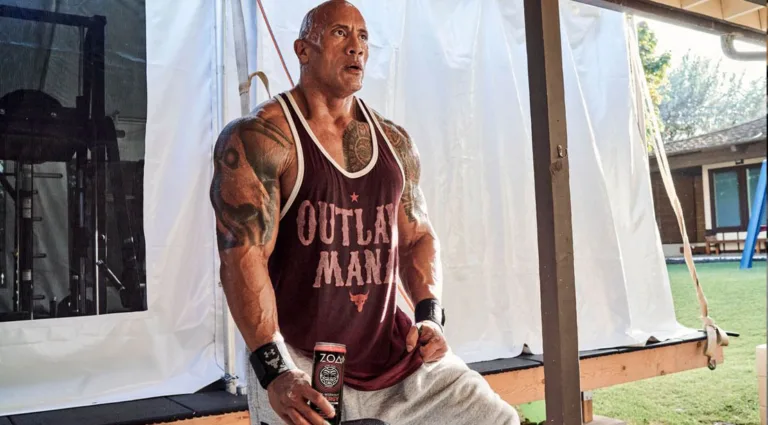The Untold Story Behind the 1975 Mr. Olympia Contest
By the mid-’70s, the Mr. Olympia contest had firmly established itself as the premier showcase for bodybuilding. Competitors like Larry Scott, Sergio Oliva, and Arnold Schwarzenegger became icons of the sport. However, the 1975 Mr. Olympia was a game-changer. The reigning champion Schwarzenegger faced strong competition from Lou Ferrigno and Serge Nubret, and it was all captured by a camera crew for the film Pumping Iron. When the movie was released in 1977, it brought bodybuilding into the mainstream, exposing millions of people to the world of competitive bodybuilding and making Schwarzenegger a household name.
The documentary Pumping Iron, directed by George Butler and starring Schwarzenegger, was a mix of reality and fiction. Behind-the-scenes events were magnified on screen, creating a dramatic storyline. However, the true story of the 1975 Olympia is even more controversial and interesting than depicted in the film. Apartheid South Africa and adult entertainment were both significant factors during the event.
Road to the Olympia
In 1974, writer Charles Gaines and photographer George Butler released a book called Pumping Iron, which provided an in-depth look at bodybuilding. Schwarzenegger, who was already making waves in the industry, was the focus of the book. When Gaines and Butler decided to make a documentary based on their work, Schwarzenegger saw it as an opportunity to gain more exposure for his potential Hollywood career.
Choosing the Venue
The Mr. Olympia contest was held in Pretoria, South Africa, a controversial choice due to the country’s apartheid policies. The International Federation of BodyBuilding (IFBB) wanted to expand internationally, and the decision to hold the competition in South Africa was part of that strategy. Despite the political controversy, the IFBB assured that all competitors would be treated equally.
The Nubret Decision
Serge Nubret, a prominent bodybuilder and future president of the IFBB, faced discrimination when he was initially banned from competing in the 1975 Olympia due to false accusations of appearing in pornographic films. Nubret attempted to organize a boycott among non-white competitors but was eventually allowed to compete. However, the incident affected his performance, and he finished second behind Schwarzenegger.
The Aftermath
Schwarzenegger won his sixth Mr. Olympia title, solidifying his status as one of the greatest bodybuilders of all time. Meanwhile, Lou Ferrigno, who admitted he was not in his best shape, used the competition as a platform to launch his television career as The Incredible Hulk. Pumping Iron was released two years later and achieved both critical acclaim and commercial success, catapulting bodybuilding into the mainstream.







